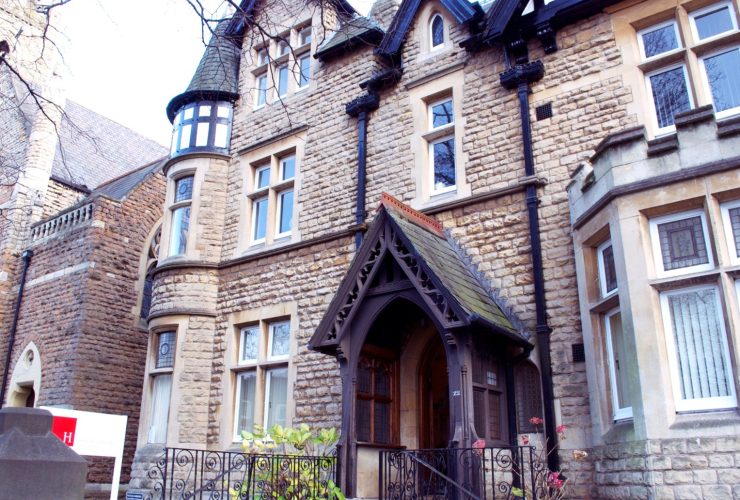How do I get a divorce?
How do I get a divorce? This is a question often asked by those going through marital breakdown.
You can make the application yourself, or you can instruct solicitors to do this for you. It can be done as a paper application through the post, or online.
Whether you do it yourself, or have solicitors do it for you, by paper or online, the essential stages to an undefended divorce are as follows:
1. The Divorce Petition
2. The Acknowledgment of Service
3. Applying for Decree Nisi
4. The Decree Nisi
5. The Decree Absolute
The Divorce Petition
The person applying for a divorce is known as the “Petitioner”. They complete an application for a divorce known as a “Petition”. This can be a paper document or it can be one that is completed online if the online service is being used.
The petition confirms that the marriage has broken down irretrievably and explains why that is the case. At the moment, a divorce is possible if the marriage has broken down for one of 5 reasons, 3 of which depend on spouses having been separated for more than 2 years and the other two if their spouse has committed adultery or they have behaved unreasonably. The law on this has changed and it will soon be possible to apply for a divorce simply because the marriage has broken down.
Once the divorce petition has been completed, it is sent/ submitted to the Court along with payment of the Court fee, currently £550. (There are certain circumstances in which all or part of the Court fee may not be payable, dependent upon the Petitioner’s means.)
The Acknowledgment of Service
Once the petition has been received by the Court, the Court will formally issue it and send a copy to the other spouse, who will be known as “the Respondent”. In addition to a copy of the divorce petition, the Respondent will be sent a form for them to complete. This form is known as the Acknowledgment of Service.
The Respondent completes the Acknowledgement of Service, setting out whether or not they agree to the divorce and whether or not they agree to pay the Petitioner’s divorce costs if these have been claimed. The form is then sent/ submitted to the Court.
By completing and returning the Acknowledgment of Service form, the Court can be satisfied that the Respondent is aware of the divorce proceedings. Sometimes the Respondent may refuse to complete and return the form, or their whereabouts are unknown. In that case it may be necessary to attempt other means of service or to apply to the Court to dispense with it.
Applying for Decree Nisi
Generally, once the Acknowledgment of Service Form is received by the Court, it will then send a copy of it to the Petitioner. The Petitioner will then be able to apply for the Decree Nisi.
When applying for the Decree Nisi, the Petitioner will be asked to confirm if everything in their Petition is correct, or whether they need to change anything. They will also be asked if they still wish to pursue the divorce costs against the Respondent.
Once their application has been sent/ submitted to the Court, it will be placed before a District judge to consider whether the Petitioner is entitled to a divorce and if so, the Court will certify that the Petitioner is so entitled and fix a date for the pronouncement of Decree Nisi. The court will decide if the Petitioner should have the benefit of an order for the Respondent to pay some or all of the divorce costs they have incurred.
Decree Nisi
The Decree Nisi means that you are almost divorced.
Currently, before applying to finalise the divorce with the decree absolute, there needs to be a period of reflection. Therefore, most Petitioner’s will have to wait six weeks and one day from the date the Decree Nisi is pronounced before they can apply to the Court for the Decree Absolute by completing a special form and sending it to the Court or completing the application online. In exceptional cases, an application can be made to the Court to shorten this time period.
Decree Absolute
As mentioned above, an application for decree absolute cannot usually be made until six weeks and one day has elapsed since the pronouncement of the Decree Nisi.
There are special rules if a Respondent wants to apply for the Decree Absolute, or where more than one year passes since the pronouncement of the Decree Nisi.
The Decree Absolute means that you are finally divorced from your spouse. It does not, however, automatically mean that your respective rights to make financial claims against each other have come to an end.
You should obtain specialist legal advice about this, and preferably before applying for Decree Absolute. This is because there may be circumstances where it would be beneficial for you not to be divorced until you have resolved financial and property matters with your spouse.
The Family team at Josiah Hincks is here to help and advise you at each and every stage of the divorce, and help you resolve financial and property matters that flow from it.
You can learn more about our Family Team by clicking here.
To keep up with the latest legal news you can follow us on LinkedIn by clicking here.




